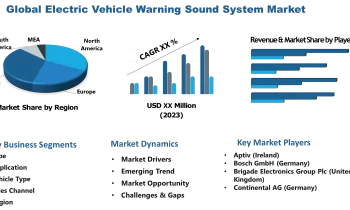
Rising commodity prices saw Chinese Factory Inflation hit a 13-year high in August.
China’s official producer price index (PPI) increased by 9.5 percent in August from a year earlier, compared with the 9 percent recorded in July. This was the highest reading since August 2008 and the third-highest reading since the start of the NBS database in October 1996
Meanwhile, the consumer price index (CPI) in China increased by 0.8 percent in August from a year earlier, compared with a 1 percent increase in the month previous.
The figures from the National Bureau of Statistics (NBS) highlight how much the rise in commodity prices is hampering the economic recovery in China. Julian Evans-Pritchard, senior China economist at Capital Economics said of the latest PPI data:
“Producer price inflation reached its highest since August 2008 last month due to the rally in global commodity prices. But the breakdown suggests that upward pressure on the factory-gate prices of consumer goods is easing,”
“Coupled with continued declines in food prices, this dragged consumer price inflation back below 1 per cent. We think PPI inflation is likely to ease before long while CPI inflation will remain muted this year.”
China’s coal prices surged to a record high last week over supply concerns. Major coal regions in China also started a new series of safety checks.
Commodity Prices Continue to Soar
Meanwhile, prices in the coal mining and washing sector soared 57.1% last month from the same time a year before.
The rise in prices in the commodity markets comes despite aggressive moves by the Chinese government to tame a rally in metals prices.
Julian Evans-Pritchard added:
“We doubt producer price inflation will rise much further. Base effects will start to weigh heavily on the headline rate around the turn of the year,”
“And we think coal and metal prices are likely to drop back over the coming months as the recent slowdown in credit growth and tighter restrictions on the property sector start to weigh more heavily on construction activity.
“Meanwhile, with pork prices still falling, food deflation looks set to remain considerable for a while. As such, headline consumer price inflation should remain below 2 per cent in the coming quarters and is unlikely to constrain the [People’s Bank of China’s] ability to loosen monetary policy.”



